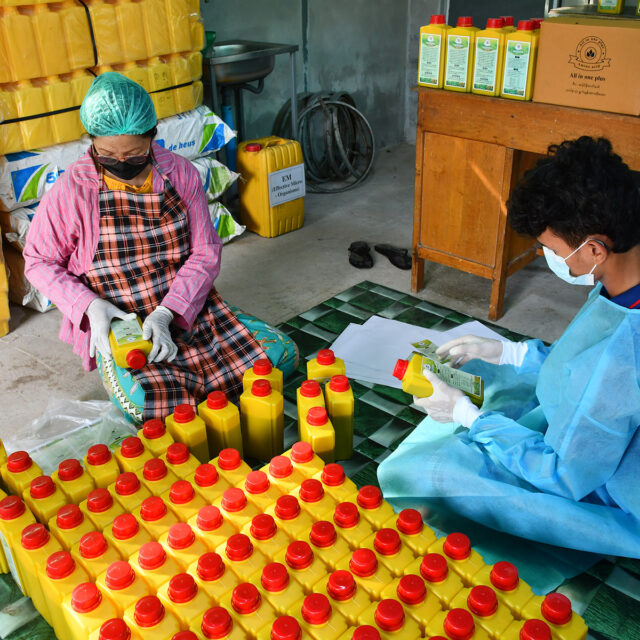By Dr Than Lwin Tun
Indeed, making essential key points for improving Health System Development would require a profound understanding of the current healthcare system, its challenges, and the socioeconomic context. Therefore, we would like to submit some general thoughts that could be considered based on the specific needs and circumstances;
Infrastructure Development: Allocate resources for the development and maintenance of healthcare infrastructure, including hospitals, clinics, and medical facilities, particularly in rural and underserved areas.
Healthcare Personnel: Invest in training and recruiting healthcare professionals, including doctors, nurses, and paramedical staff, as well as community health workers. Provide incentives to encourage healthcare professionals to work in rural or remote areas.
Telemedicine and Technology Integration: Explore the integration of telemedicine and technology to improve healthcare accessibility, especially in remote areas. This could include tele-consultations, electronic health records, and mobile health applications.
Disease Prevention, Health Education and Health Literacy Promotion: Implement comprehensive public health education programs to raise awareness about preventive measures, healthy lifestyles, and early detection of diseases as well as health literacy promotion. This can contribute to reducing the burden on the healthcare system.
Emergency Preparedness and Response: Develop and regularly update emergency response plans to handle health crises, including infectious disease outbreaks. This includes ensuring an adequate supply of medical equipment, drugs, and personal protective equipment.
Community Engagement: Foster community engagement and collaboration to address health issues at the grassroots level. This involves working closely with local communities to understand their unique health challenges and co-designing solutions.
Data Collection and Analysis: Strengthen health information systems for effective data collection, analysis, monitoring and evaluation of health indicators. This can aid in evidence-based decision-making and resource allocation.
Mental Health support: Prioritize mental health services and support, especially in the aftermath of public health emergencies or during times of increased stress. This includes both community-based and clinical mental health services.
Collaboration with International Organizations: Collaborate with international health organizations, NGOs, and other countries to share best practices, access resources, and participate in global health initiatives.
Access to Essential Medicines: Ensure a consistent and affordable supply of essential medicines and vaccines, especially in remote and underserved areas.
In addition, it is essential to note that these key points are general in nature, and their effectiveness will depend on the specific context and challenges faced by the healthcare system globally. Collaborating with stakeholders, including healthcare professionals, communities, and international partners, is essential for successful implementation.














